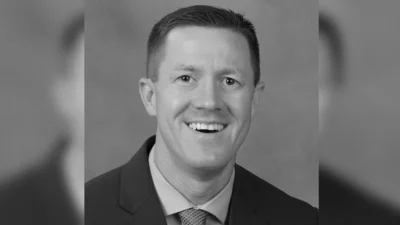Senator Bill Cassidy | Sen. Bill Cassidy Official Website
Senator Bill Cassidy | Sen. Bill Cassidy Official Website
U.S. Senators Bill Cassidy, M.D. (R-LA), Mark Warner (D-VA), and Amy Klobuchar (D-MN) have introduced legislation aimed at making access to supplemental oxygen easier for Medicare beneficiaries. The Supplemental Oxygen Access Reform (SOAR) Act of 2024 proposes a new payment methodology for non-liquid oxygen, which would expand coverage for most Medicare beneficiaries.
"Patients who need supplemental oxygen often have other health problems. Making it easier to get their oxygen is one less thing they must worry about," said Dr. Cassidy.
Senator Warner emphasized the importance of the legislation, stating, "Respiratory care is lifesaving for so many patients, but too often access to this care is cost-prohibitive or simply not accessible. This legislation will ensure that supplemental oxygen is affordable and accessible for Medicare patients, allowing them to live the healthier, more active lives they deserve."
Senator Klobuchar added, "Supplemental oxygen is a life-sustaining treatment for individuals suffering from respiratory and heart diseases, and it should be accessible to patients who need it."
The American Lung Association President, Harold Wimmer, expressed gratitude for the Senators' efforts, stating, "The SOAR Act is critical to the 1.5 million people in the U.S. who need supplemental oxygen."
Various organizations, including the American Lung Association, American Association for Respiratory Care, Pulmonary Fibrosis Foundation, and others, have voiced their support for the SOAR Act.
The legislation aims to address the challenges faced by individuals with severe lung and respiratory diseases who struggle to access the supplemental oxygen they require for daily activities. By reforming Medicare's reimbursement system for supplemental oxygen, the SOAR Act seeks to ensure that patients receive the necessary equipment and support for a better quality of life.
The introduction of the SOAR Act has been met with widespread support from healthcare providers, patient advocacy groups, and medical associations, all recognizing the potential impact of the legislation on improving access to essential respiratory care for Medicare beneficiaries.





 Alerts Sign-up
Alerts Sign-up